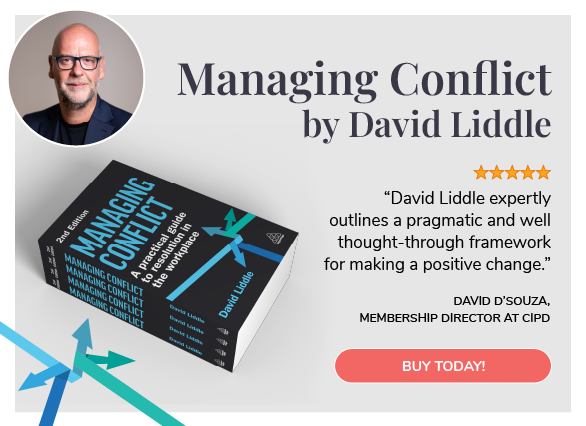
Share article:
Tags:
Are mediators missing a trick?
We have all experienced occasions where one party (let’s call this party Ali) is keen to mediate but the other party (who does not need a name for the purposes of this blog) refuses to engage in a mediation process for whatever reason. A common reason being that time has passed since the incident and the party does not wish to ‘rake over’ old ground.
Typically, at this stage any mediation activity is terminated – mediation after all is a voluntary process for each party. But how does that leave Ali feeling?
No matter the reasons for the refusal by the other party, Ali can be left feeling frustrated and stuck, not being able to move on with their life as they feel a need to know why things have happened and talk about the impact that it has had on them. Ali feels left in limbo with strong emotions left unmanaged, emotions that range from frustration, anger, bewilderment, and resentment against the other party (which is not helpful if they are team members or live/work in close proximity). Ali needs to be able to make sense of the situation that led to mediation being suggested.
How do we assist Ali to move beyond these emotions, put the matter to bed and get on with their lives instead of being drawn backwards?
As mediators, I suggest that we should meet with Ali using the same skills as we would in a formal mediation process (listening, questioning, impartiality etc) with an initial meeting to hear the background/Story. Equally important is giving space to Ali to articulate the impact that the situation has had and have someone acknowledge the emotions. Needs and Goals for how the matter might be resolved knowing that the other party will not engage should also be covered although clearly these will only be in Ali’s control.
It is at this point, once Ali has been openly listened to in a non-judgemental way, that the Mediator needs to engage their coaching skills by encouraging Ali to think about how they will move on, how they will make sense of the situation, what personal development opportunities that this situation might have presented, reflection of how Ali might react if a similar situation arises in the future. All these things will help Ali get closure.
One technique, I have found particularly helpful to help a party like Ali gain closure is to write a letter to the other party. There is no intention that the letter will ever be sent. However, it could symbolically be buried or burnt to give a sense of an ending/closure.
As mediators, we should never underestimate the effect on an individual who does not get closure on a matter, when the other party refuses to engage in mediation. With our coaching and mediation skills we are best placed to provide a facilitated process and space for the party to reflect and come to terms with the situation and move forward.








